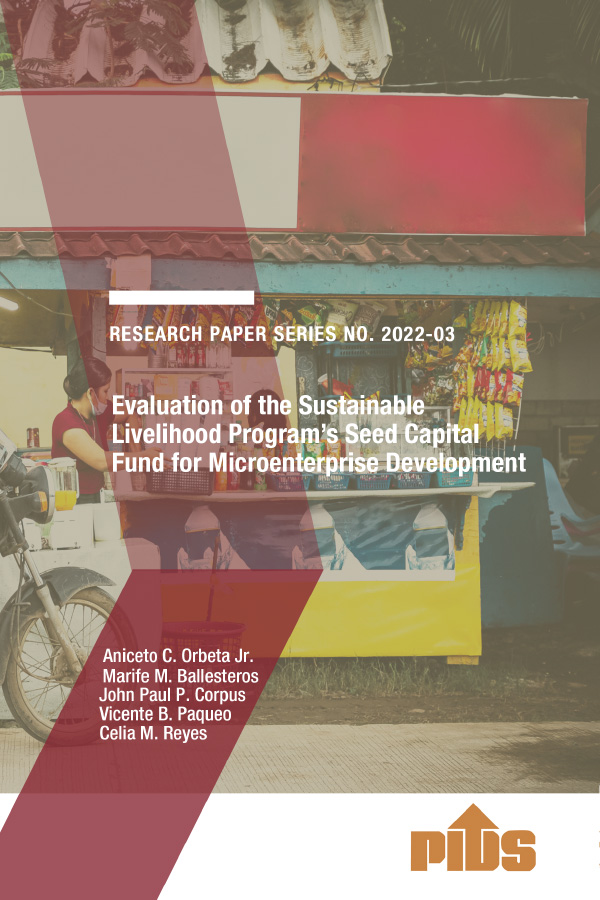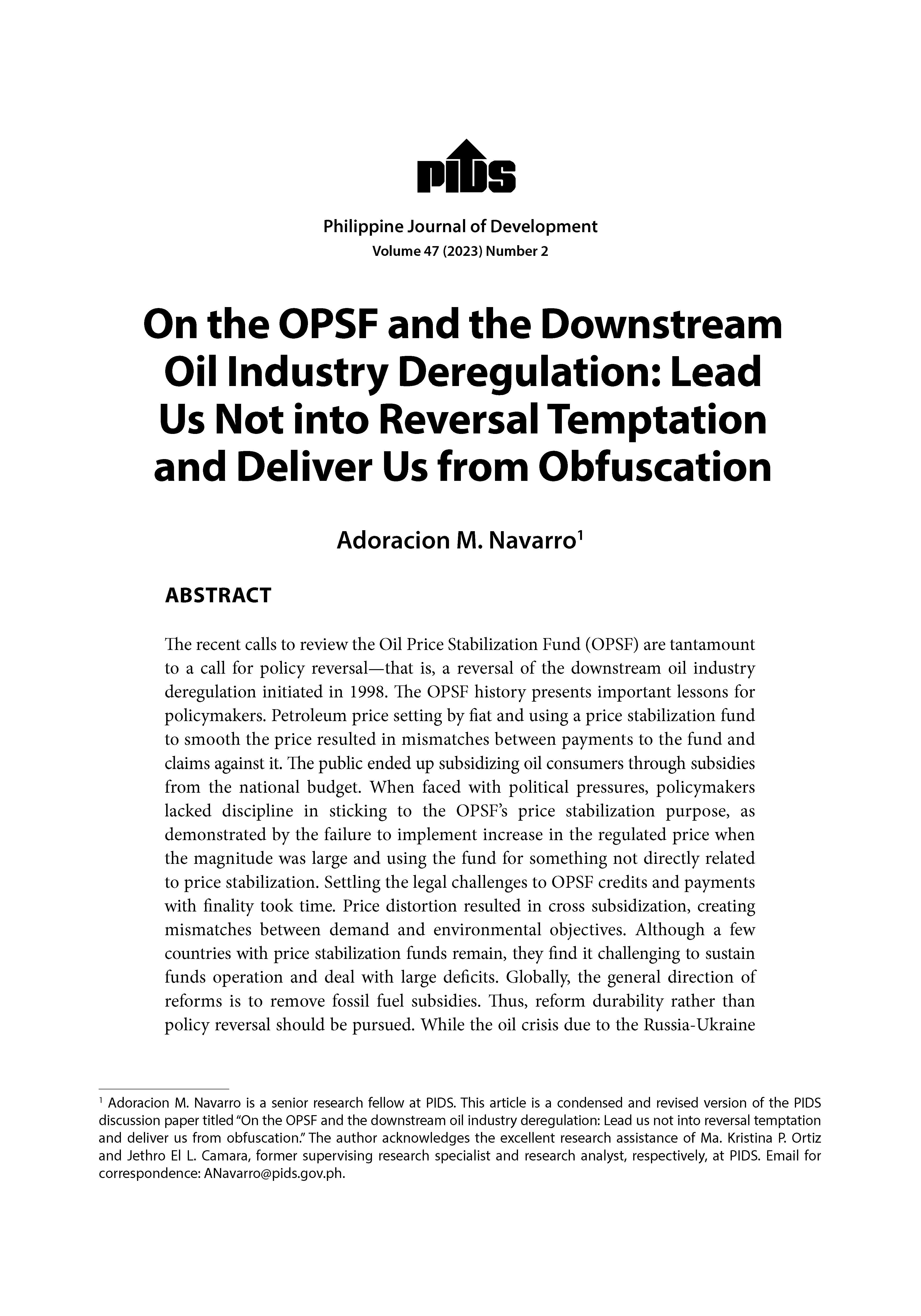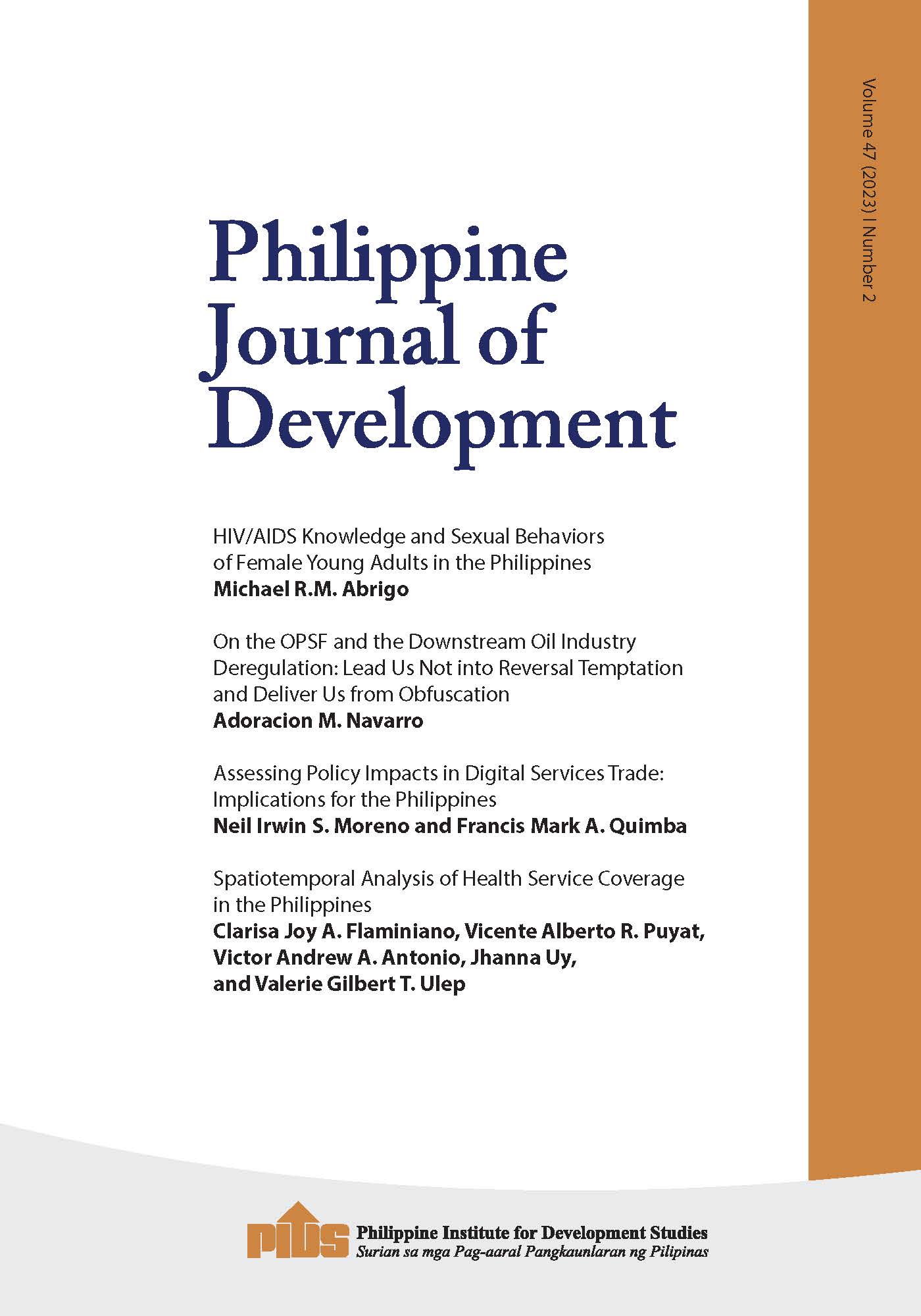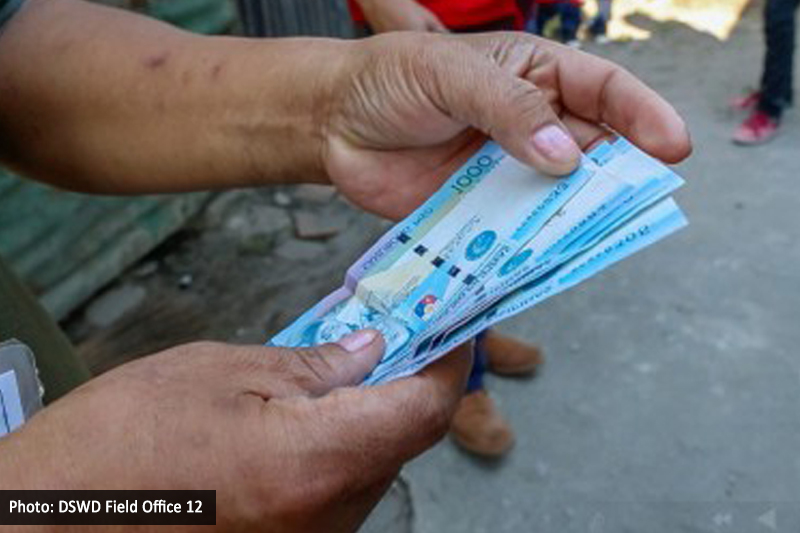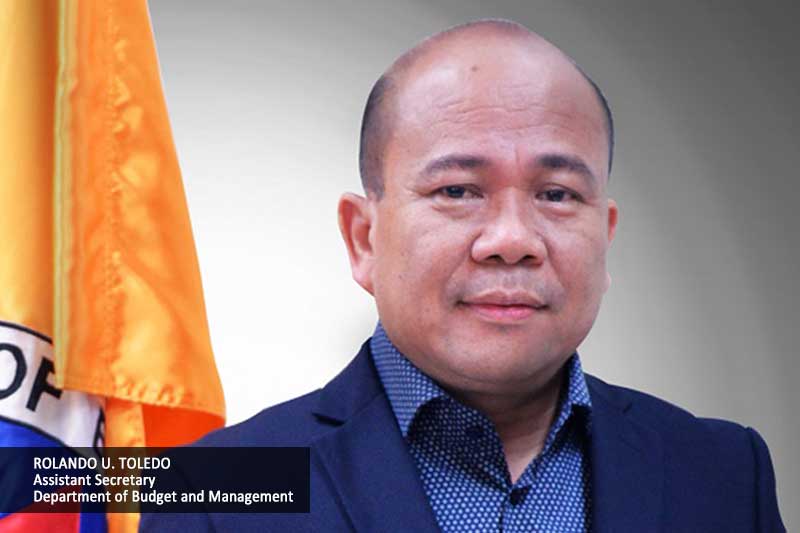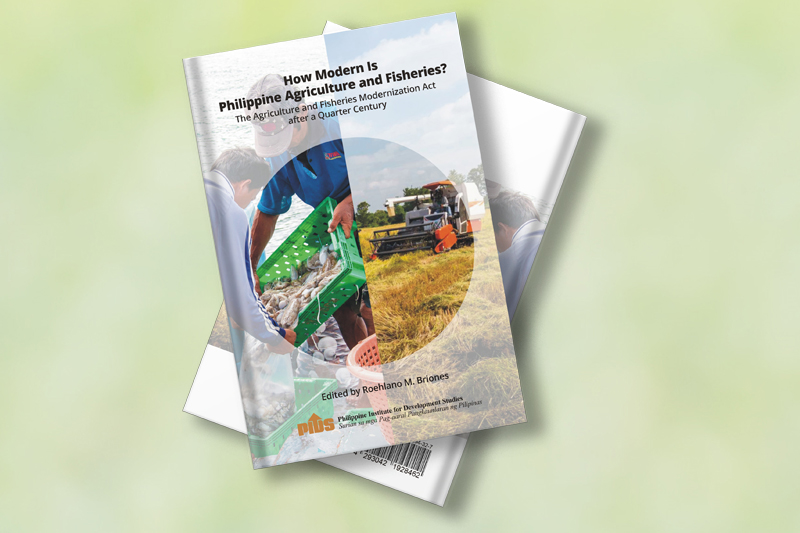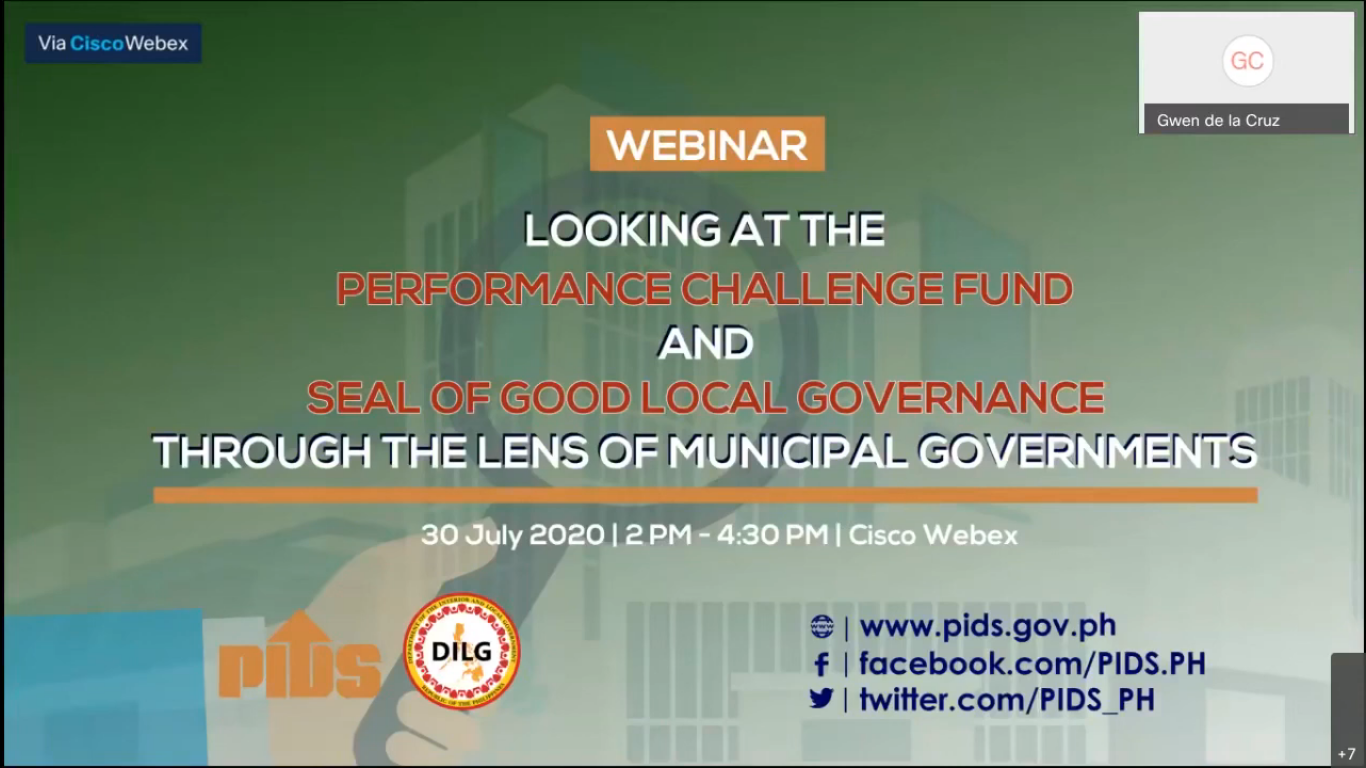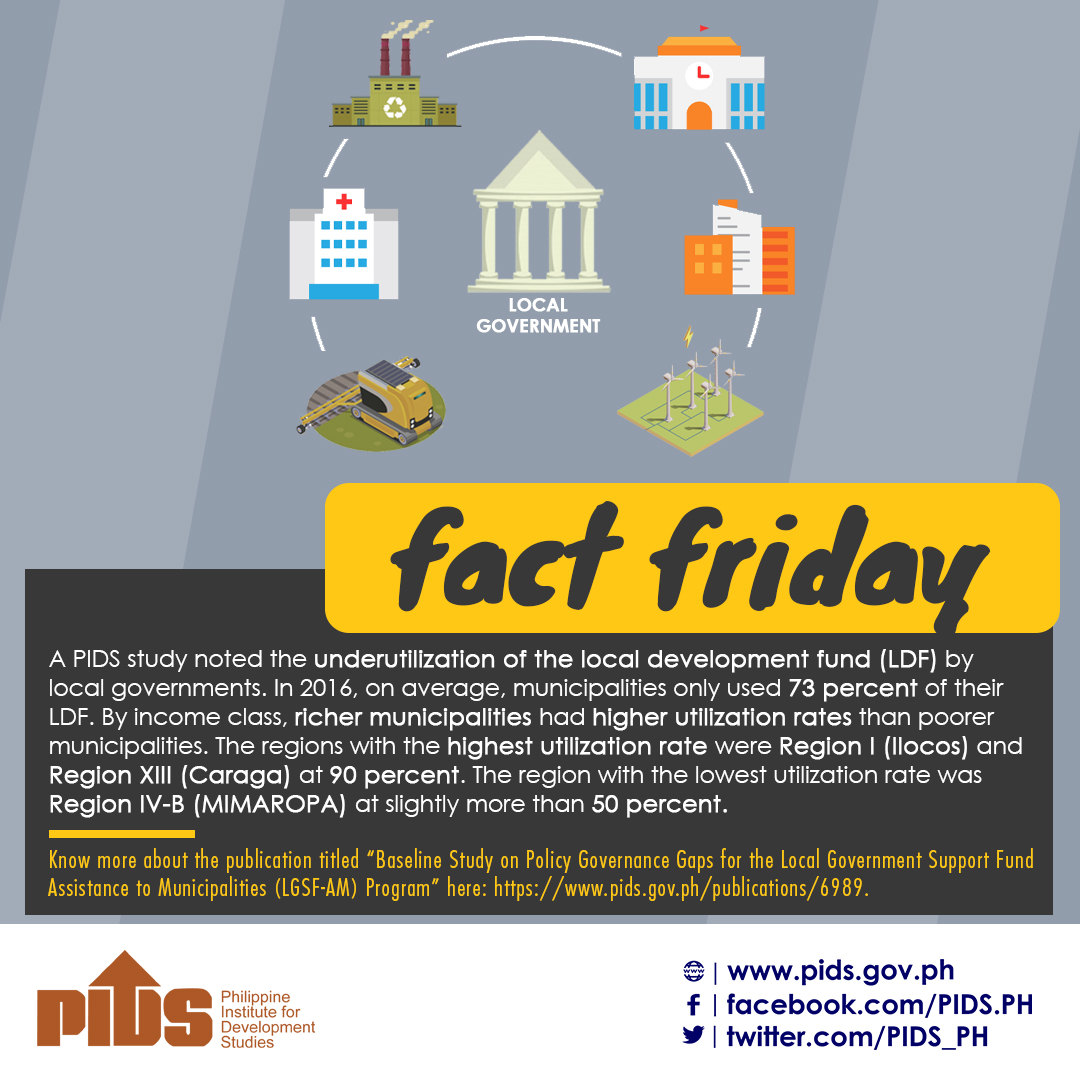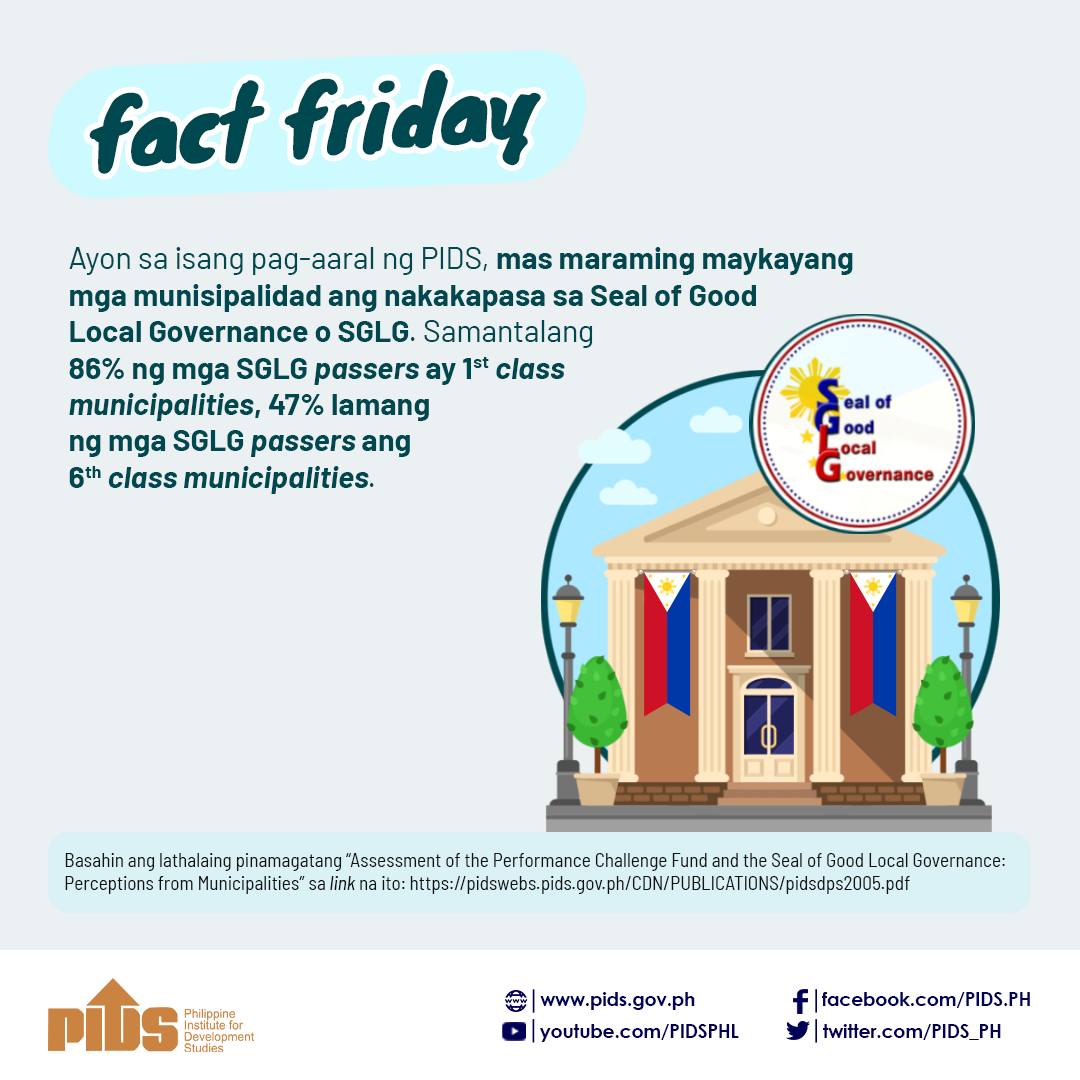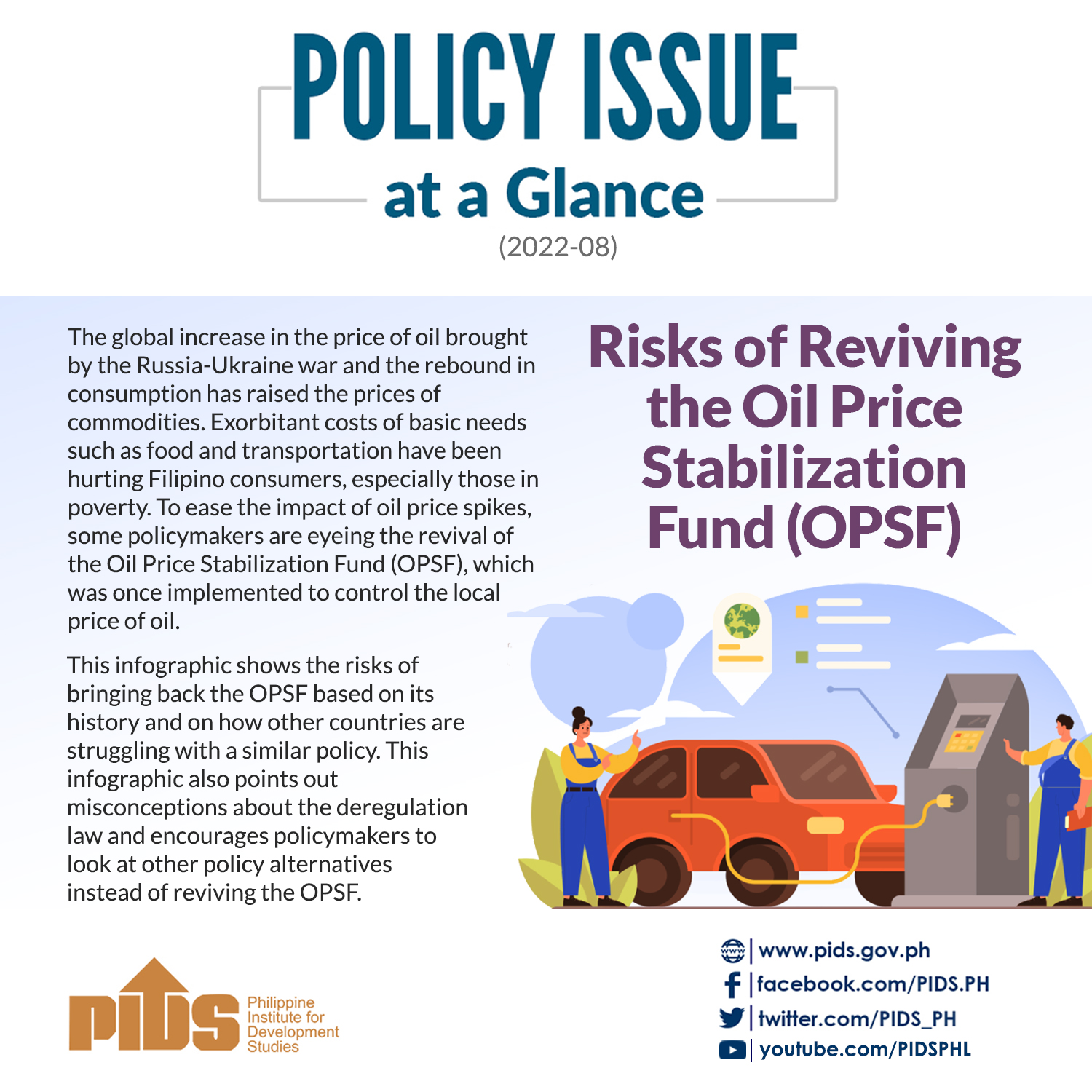MANILA — It’s supposed to be a fund that would help small farmers cope with the impacts of trade liberalization in agriculture but ended up in the pockets of big borrowers.
This is the reason why Anakpawis Rep. Fernando Hicap is opposing the extension of the Agricultural Competitive Enhancement Fund (Acef) until 2022. Acef should have expired in 2015 but a bill seeking to extend it is pending with the House Committee on Appropriations.
In February 2014, Hicap filed House Resolution No. 830 urging an inquiry into the status of Acef. Created by the Republic Act No. 8178 or the Agricultural Tarrification Act of 1996, Acef is a safety net for farmers and fishermen affected by the influx of imported agricultural products.
Fifteen years since the Acef was introduced to the public, however, Hicap said all they got “were testimonies of corrupt practices.”
Hicap said that out of 216 projects that acquired Acef loans amounting to more than P4.5 billion, 99 projects amounting to more than P2.5 billion were never paid.
Citing a study by Danilo Israel of the Philippine Institute for Development Studies (PIDS), Anakpawis said that repayment rates from 2004 to 2009 range from seven percent to 38 percent.
The Quedan and Rural Credit Guarantee Corp. (Quedancor), a government company that provides credit line to small farmers and fishermen, got the biggest Acef loan amounting to a P1 billion. The company has been dissolved without paying its loans.
A 2014 report by the Inquirer showed that lawmakers obtained loans from Acef, including Sen. Edgardo Angara and former Palawan Rep. Abraham Mitra.
The same report revealed that other legislators who availed of Acef loans were Zamboanga del Sur Rep. Aurora Enerio Cerilles, P50.058 million for her family’s rubber project in 2009; Pagadian Mayor Samuel Co, P15 million for a cold storage project in 2007; Inaki Larrazabal Jr., a member of a political clan in Ormoc City, P14.682 million for a poultry project in 2009; former Leganes, Iloilo, Mayor Adolfo Jaen, P12 million for a hog project in 2000; Rizal, Occidental Mindoro, Mayor Sonia C. Pablo, P7.449 million for an ice plant in 2008; and Guiguinto, Bulacan, Mayor Isagani Pascual, P13.8 million for an abattoir in 2002.
Former Maguindanao Rep. Didagen Dilangalen was also listed as among those who availed themselves of the Acef. Dilangalen, as chair of Moro Development Co. Inc., borrowed P14 million in 2009 for his sugar farm in Shariff Kabunsuan, Cotabato City.
“There is enough basis to question how Acef was used but Congress is turning a blind eye…” Hicap said.
This is the reason why Anakpawis Rep. Fernando Hicap is opposing the extension of the Agricultural Competitive Enhancement Fund (Acef) until 2022. Acef should have expired in 2015 but a bill seeking to extend it is pending with the House Committee on Appropriations.
In February 2014, Hicap filed House Resolution No. 830 urging an inquiry into the status of Acef. Created by the Republic Act No. 8178 or the Agricultural Tarrification Act of 1996, Acef is a safety net for farmers and fishermen affected by the influx of imported agricultural products.
Fifteen years since the Acef was introduced to the public, however, Hicap said all they got “were testimonies of corrupt practices.”
Hicap said that out of 216 projects that acquired Acef loans amounting to more than P4.5 billion, 99 projects amounting to more than P2.5 billion were never paid.
Citing a study by Danilo Israel of the Philippine Institute for Development Studies (PIDS), Anakpawis said that repayment rates from 2004 to 2009 range from seven percent to 38 percent.
The Quedan and Rural Credit Guarantee Corp. (Quedancor), a government company that provides credit line to small farmers and fishermen, got the biggest Acef loan amounting to a P1 billion. The company has been dissolved without paying its loans.
A 2014 report by the Inquirer showed that lawmakers obtained loans from Acef, including Sen. Edgardo Angara and former Palawan Rep. Abraham Mitra.
The same report revealed that other legislators who availed of Acef loans were Zamboanga del Sur Rep. Aurora Enerio Cerilles, P50.058 million for her family’s rubber project in 2009; Pagadian Mayor Samuel Co, P15 million for a cold storage project in 2007; Inaki Larrazabal Jr., a member of a political clan in Ormoc City, P14.682 million for a poultry project in 2009; former Leganes, Iloilo, Mayor Adolfo Jaen, P12 million for a hog project in 2000; Rizal, Occidental Mindoro, Mayor Sonia C. Pablo, P7.449 million for an ice plant in 2008; and Guiguinto, Bulacan, Mayor Isagani Pascual, P13.8 million for an abattoir in 2002.
Former Maguindanao Rep. Didagen Dilangalen was also listed as among those who availed themselves of the Acef. Dilangalen, as chair of Moro Development Co. Inc., borrowed P14 million in 2009 for his sugar farm in Shariff Kabunsuan, Cotabato City.
“There is enough basis to question how Acef was used but Congress is turning a blind eye…” Hicap said.

